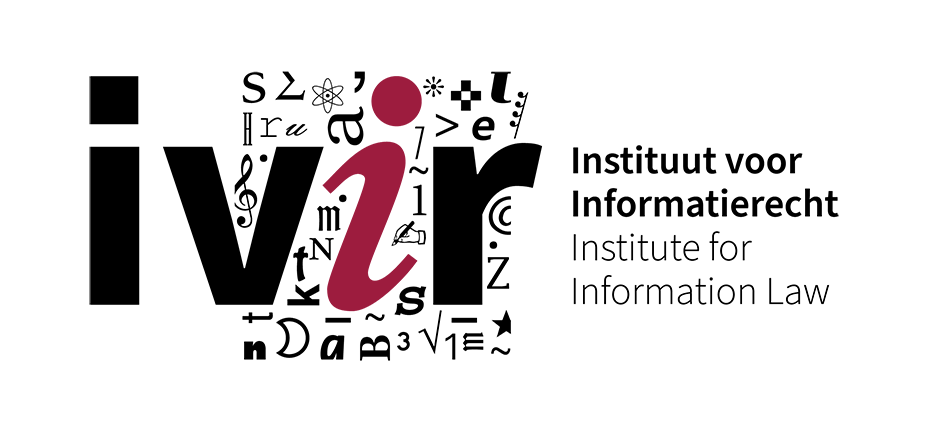Rethinking News and Media Law in Europe
Leadership:
Project description:
The media landscape has undergone significant structural transformations in the past decades, raising complex challenges for media policy. The dominant role of digital platforms in the communications ecosystem has had a disruptive impact on the sustainability of news media as well as on the quality and accuracy of information products. In increasingly politicised media environments, journalists and other media actors face sustained political pressure, attacks and distrust.
Legislative reactions to these challenges at EU level have remained limited to piecemeal approaches. This resulted in a fragmented regulatory environment which undermines the coherence of the EU media order and fails to provide structural solutions to the broad spectrum of challenges to a free and pluralistic media landscape. With the announcement of a European Media Freedom Act, the European Commission has provided an important impulse for the evolution of new legal rules seeking to safeguard and support a free and pluralistic media landscape in the EU. The initiative seeks to address various challenges – ranging from increasing political pressures that hamper independent media, to the redirection of revenue streams in the digital era.
Against this background, this project (more detailed project description) brings together experts from various fields in order to address systemic issues of the current media landscape and arrive at recommendations for new avenues in news, media and online platform regulation in the EU. More specifically, the project aims at drawing the contours of an integrated new approach to European media law that would ensure an enabling environment for media freedom and pluralism, including appropriate remuneration mechanisms for quality journalism. The project combines a legal-doctrinal analysis with an economic analysis of:
- market failures in relation to news production;
- business models and value creation in news media and internet platforms;
- gatekeeper functions and bargaining power.
The project has become possible on the basis of a Microsoft donation. Full academic independence has been guaranteed in this context in accordance with the rules of the Royal Netherlands Academy of Arts and Sciences. In particular, the researchers in this project enjoy complete intellectual independence from any third parties, including Microsoft (see project description, section 4).
The project is structured around three work packages:

